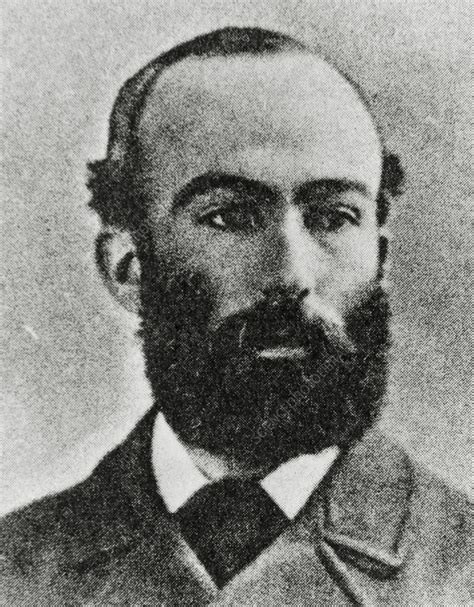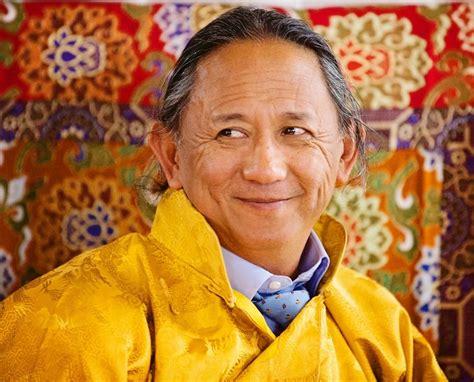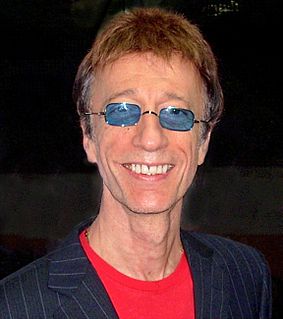A Quote by Elizabeth Gilbert
Most of us, even if only for two minutes in our lives, have experienced at some time or another an inexplicable and random sense of complete bliss, unrelated to anything that was happening in the outside world.
Related Quotes
We read novels because we need stories; we crave them; we can’t live without telling them and hearing them. Stories are how we make sense of our lives and of the world. When we’re distressed and go to therapy, our therapist’s job is to help us tell our story. Life doesn’t come with plots; it’s messy and chaotic; life is one damn, inexplicable thing after another. And we can’t have that. We insist on meaning. And so we tell stories so that our lives make sense.
It's important to remember that World War II was experienced very much as a continuity in that sense. Most of World War II in most of Europe wasn't a war; it was an occupation. The war was at the beginning and the end, except in Germany and the Soviet Union, and even there really only at the end. So the rest of time it's an occupation, which in some ways was experienced as an extension of the interwar period. World War II was simply an extreme form, in a whole new key, of the disruption of normal life that began in 1914.
The Greeks had two words for time. Chronos is the time we usually keep an eye on. Kairos was our participation of time. Time that moves us so that we lose our sense of time; timeless time; moments at which the clocks seems to stop; feeding, renewing, more motherly time. It's the time with which we feel one instead of outside of it, the self, the tao, the love that connects us to others.
If you have 15 minutes per visit, and you spend the first 9 minutes just collecting information from them, before you do anything else, you know half of your visit is gone already. So if you have an automated system that has most of that and, and in some cases I actually have patients complete questionnaires before they come in, so I'd gotten most of the information I need to ask about, already recorded, instead of having 9 minutes I can take 3 minutes to review all this information.
Humour allows us to see that ultimately things don't make sense. The only thing that truly makes sense is letting go of anything we continue to hold on to. Our ego-mind and emotions are a dramatic illusion. Of course, we all feel that they're real: my drama, your drama, our confrontations. We create these elaborate scenarios and then react to them. But there is nothing really happening outside our mind! This is karma's cosmic joke. You can laugh about the irony of this, or you can stick with your scenario. It's your choice.
When I was a child, we seemed to be living in a world remote from the rest of the world. But television has made a great difference to all of us. If something happens where I live, you see it tomorrow or perhaps even at the same time it is happening there. It's not "one world" in the sense that conflicts are resolved in the world. But we are more one world in that we know what is going on and are psychologically influenced by what goes on around us.
...Bliss is not something to be got. On the other hand you are always Bliss. This desire [for Bliss] is born of the sense of incompleteness. To whom is this sense of incompleteness? Enquire. In deep sleep you were blissful. Now you are not so. What has interposed between that Bliss and this non-bliss? It is the ego. Seek its source and find you are Bliss.
We live in a world which in some respects is mysterious; things can be experienced which remain inexplicable; not everything which happens can be anticipated. The unexpected and the incredible belong in this world. Only then is life whole. For me the world has from the beginning been infinite and ungraspable.






































